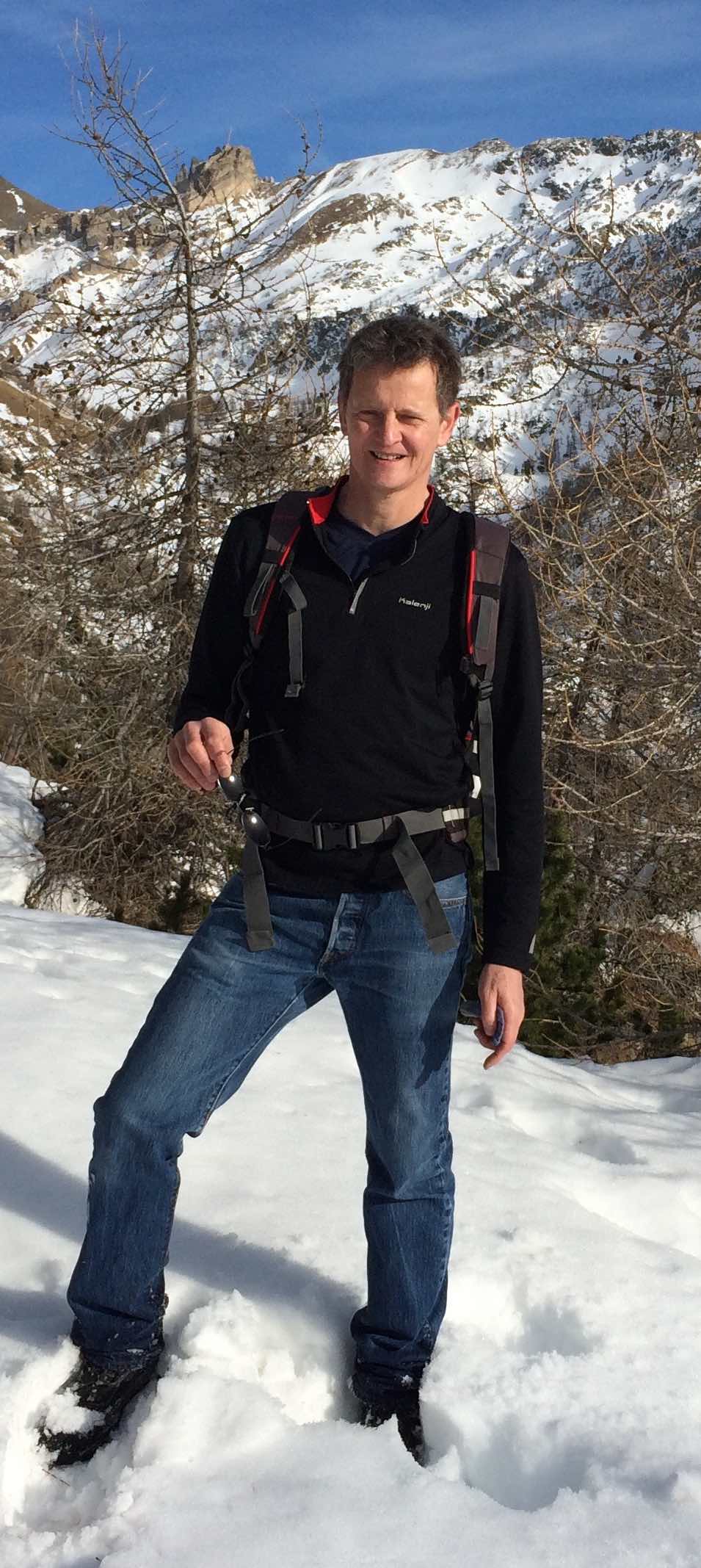
Address:
Département de Mathématiques,
Universite Paris-Saclay,
Bat. 307, 91405 Orsay Cedex
FRANCE
Mail: nicolas.burq@universite-paris-saclay.fr
Bureau: 3A11 (3rd floor)
Nicolas BurqProfesseur |
Département de Mathématiques |
Français
page  |
Address: Département de Mathématiques, Universite Paris-Saclay, Bat. 307, 91405 Orsay Cedex Mail: nicolas.burq@universite-paris-saclay.fr Bureau: 3A11 (3rd floor) |
Many physics models are described by wave or more generally dispersive equations (Schro ̈dinger equa- tions) with propagation in a non homogeneous and bounded medium. Toy models (mostly in flat backgrounds) have been developed by mathematicians. However, many questions remain open even on these simplified mod- els in the presence of inhomogeneities and boundaries. In particular, the works of mathematicians in the last decade have allowed to exhibit some pathological behaviours which appear to be quite unstable.
A first point in this proposal will be to expand the understanding of the influence of the geometry (inhomo- geneities of the media, boundaries) on the behaviour of solutions to dispersive PDE’s.
When these behaviours appear to be unstable, a natural question is whether they are actually rare. The last years have seen the emergence of a new point of view on these questions: random data Cauchy theories. The idea behind is that for random initial data, the solution’s behaviours are better than expected (deterministically). The second point of this project is precisely to go further in this direction. After identifying these pathological behaviours, is it possible to show that for almost all initial data, almost all geometries, they do not happen?
Understanding how to combine the powerful
techniques from micro-local and harmonic analysis with a
probabilistic approach in this context should allow a much
better understanding of these physically relevant models.
Summarising, the purpose of my project is to develop tools
and give answers to the following questions in the context
of dispersive PDE’s (and to some extent fluids mechanics)
Two PhD grants starting after September 1, 2024.
Two two-year post-docs on the project's themes. One
will start between September 1, 2024 and October 1, 2025,
and the other between September 1, 2025 and October 1, 2026.
Candidates will work on the project's themes
namely:
-- Study of the influence of geometry on the concentration
and dispersion properties of PDE solutions
-- Semi-classical micro-local analysis,
-- Study of the influence of randomness on the behavior of
nonlinear dispersive PDE solutions.
Send cover letter & CV to
nicolas.burq@universite-paris-saclay.fr.
An initial decision will be taken on June 30, 2024, based on
the applications received by that date. The call for
applications will be extended for positions not filled by
this date.
Some talks
My articles on scattering theory
My articles on the control of wave and Schrödinger equations
My articles on non linear wave and Schrödinger equations